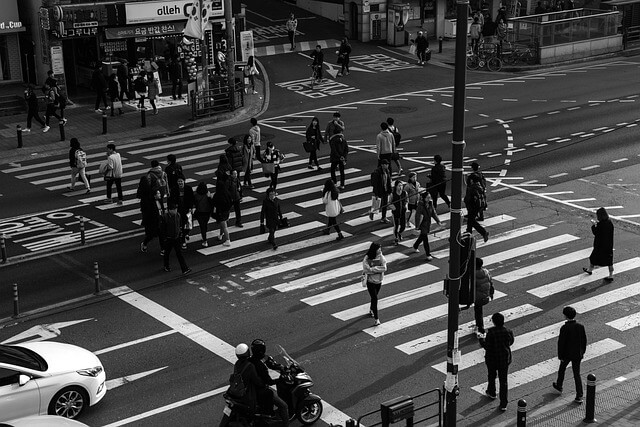Understanding the Role of Rituals in Daily Life
Rituals play a significant role in our daily lives, shaping our routines and influencing our actions. Whether we are aware of it or not, we engage in various rituals throughout the day, from our morning coffee routine to our bedtime habits. These repetitive actions give us a sense of structure and familiarity, providing a level of comfort in the midst of our busy lives. Rituals can serve as anchors, grounding us and helping us navigate through the ups and downs of life.
Additionally, rituals have the power to foster a sense of connection and belonging. When we engage in shared rituals, such as family dinners or religious ceremonies, we are not only strengthening our bonds with others but also participating in something larger than ourselves. These communal practices can create a sense of unity and provide a deeper meaning to our lives. The role of rituals is not limited to personal fulfillment but extends to the social and cultural fabric of our society.
Exploring the Origins and History of Rituals
Rituals have been a part of human culture for thousands of years, serving as a means to connect with the divine, mark significant life events, and strengthen social bonds. The origins of rituals can be traced back to ancient civilizations, such as the Egyptians, Greeks, and Romans. In these societies, rituals played a vital role in religion, with ceremonies and sacrifices performed to please gods and ensure a favorable outcome.
The history of rituals is also intertwined with the development of human society. As communities grew and evolved, rituals became more structured and complex, reflecting the values and beliefs of the group. For example, in medieval Europe, religious rituals were at the forefront, shaping the way people worshiped, celebrated, and mourned. These rituals provided a sense of order, comfort, and shared identity, reinforcing the cohesion of the community.
The Psychological Benefits of Incorporating Rituals into Daily Life
Rituals play a significant role in our daily lives, offering numerous psychological benefits. One of the primary benefits is the sense of stability and predictability they provide. When we engage in rituals, we create a structured framework within which we can navigate our lives. This structure promotes a sense of control and mastery, helping to alleviate anxiety and uncertainty. By establishing and following rituals, we harness a sense of order and routine, creating a comforting rhythm to our days.
Another psychological benefit of incorporating rituals into daily life is the opportunity for self-reflection and mindfulness. Rituals often require us to be fully present in the moment, focusing our attention on the task at hand. Whether it’s brewing a cup of coffee in the morning or following a meditation practice, rituals encourage us to slow down and cultivate a deeper awareness of our thoughts, feelings, and surroundings.
By immersing ourselves in these moments of mindfulness, we can reduce stress, enhance self-awareness, and foster an overall sense of well-being.

How Rituals Can Help Improve Mental and Emotional Well-being
Rituals have long been recognized for their ability to improve mental and emotional well-being. Engaging in regular rituals provides a sense of stability and predictability, which can greatly reduce stress and anxiety. Whether it’s a morning meditation practice, a nightly skincare routine, or a weekly family dinner, rituals offer a sense of structure and routine that can help individuals feel grounded and centered.
Furthermore, rituals have the power to create a sense of connection and belonging. Participating in shared rituals, such as religious ceremonies or cultural traditions, can foster a sense of community and unity among individuals. This social aspect of rituals helps to combat feelings of loneliness and isolation, promoting a sense of well-being and fulfillment.
Moreover, rituals allow individuals to connect with something greater than themselves, whether it be a higher power, nature, or their own inner selves. This connection can provide a sense of purpose and meaning, which are crucial for overall mental and emotional well-being.